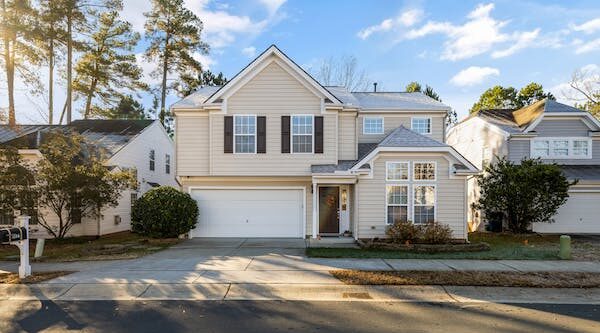The real estate market in Pineville plays a crucial role in determining home insurance rates for homeowners in the area. Fluctuations in property values, housing demand, and local infrastructure can all have a significant impact on insurance premiums. In this article, we will explore the ways in which Pineville’s real estate market influences home insurance rates and discuss how homeowners can navigate these fluctuations effectively.
- Property Values and Insurance Costs:
Pineville’s real estate market directly affects home insurance rates through property values. When property values rise, insurance companies may increase coverage limits to protect the higher-priced homes. Consequently, homeowners may experience a corresponding increase in insurance premiums. On the other hand, if property values decline, insurance rates may decrease as well. It is essential for homeowners to stay updated with the local real estate market trends to understand how it may impact their insurance costs. - Housing Demand and Insurance Risks:
The demand for housing in Pineville can also influence home insurance rates. A thriving real estate market often attracts more residents, leading to increased housing demand. As a result, insurance providers may perceive higher risks due to increased population density, potentially resulting in higher insurance premiums. Conversely, a decrease in housing demand might lead to lower insurance rates as insurance companies perceive lower risks associated with fewer residents. - Local Infrastructure and Insurance Considerations:
The condition of Pineville’s local infrastructure, such as roads, schools, and emergency services, can indirectly affect home insurance rates. A well-maintained infrastructure can enhance the safety and security of a neighborhood, lowering insurance risks and subsequently reducing premiums. In contrast, inadequate infrastructure or a lack of emergency services may increase risks and result in higher insurance costs for homeowners. - Mitigating Factors for Homeowners:
While homeowners may not have control over the real estate market, there are several strategies they can employ to mitigate the impact of fluctuating insurance rates:
a. Regularly review insurance policies: Homeowners should review their insurance policies annually to ensure they are adequately covered and taking advantage of any available discounts or promotions.
b. Improve home security: Enhancing home security measures, such as installing burglar alarms, smoke detectors, or security cameras, can help lower insurance premiums by reducing potential risks.
c. Bundle insurance policies: Homeowners can often save money by bundling their home insurance with other policies, such as auto or life insurance, offered by the same provider.
d. Maintain a good credit score: Insurance companies may consider an individual’s credit score when determining premiums. Maintaining a good credit score can help secure lower rates.
Conclusion:
Pineville’s real estate market has a substantial impact on home insurance rates for residents. Understanding the relationship between property values, housing demand, and local infrastructure is crucial for homeowners to navigate fluctuations effectively. By staying informed, reviewing policies regularly, and implementing risk reduction measures, homeowners can mitigate the impact of Pineville’s real estate market on their insurance rates, ultimately ensuring the protection of their homes and valuables.
